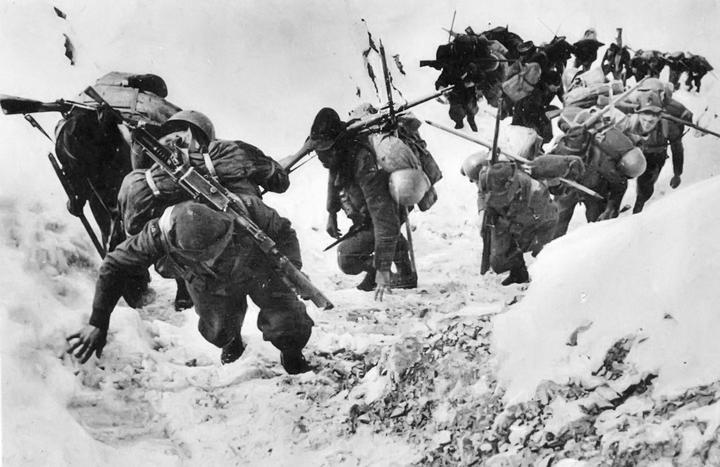From Taxation to Fighting for the Nation: Historical Fiscal Capacity and Military Draft Evasion during WWI

Abstract
Do strong states affect the culture and actions of their citizens in a persistent way? And if so, can the capacity to tax, by itself, drive this effect? I study how the historical capacity of a state to collect taxes affects the decision of citizens to evade the mandatory military draft. I look at Italy during World War I and identify quasi-exogenous variation in tax collection induced by the administrative structure of Piedmont during the 1814-1870 period. Using newly collected individual data on the universe of the 1899 cohort drafted in the province of Turin, I find that citizens born in towns with lower historical fiscal capacity are more likely to evade the military draft, and that the effect transmits through changes in culture. Placebo estimates confirm that the effect can be attributed to fiscal capacity and is not confounded by legal capacity. Additional results on voter turnout support the interpretation that higher fiscal capacity led citizens to perceive higher state capacity and, consequently, higher returns to participation. (R&R at Journal of the European Economic Association)